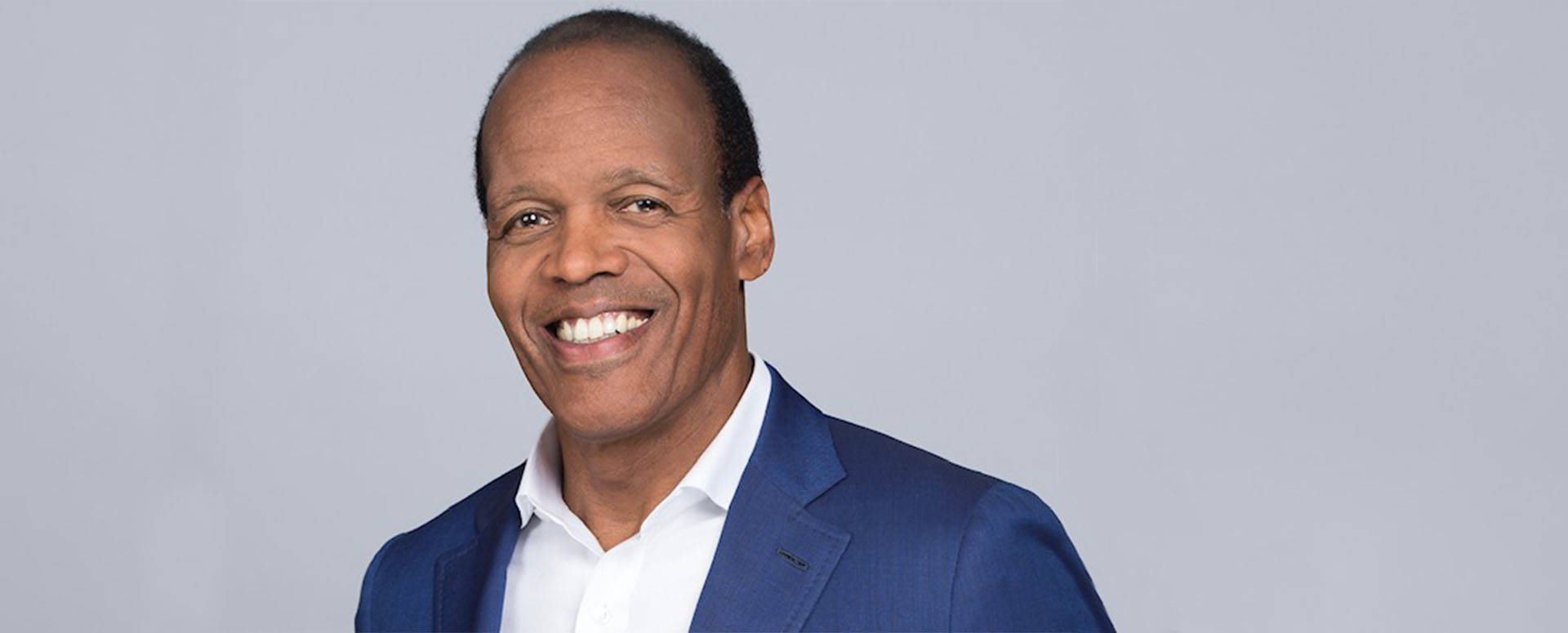
Lee Pelton
President & CEO, The Boston Foundation & Former President, Emerson College
Lee Pelton
President & CEO, The Boston Foundation & Former President, Emerson College
Biography
Lee Pelton is the CEO & President of The Boston Foundation, one of the nation’s leading philanthropic organizations with $1.8 billion in assets. He joined the Foundation in June 2021, after serving as President of Emerson College (2011-2021) and Willamette University (1998-2011).
Pelton began his academic career at Harvard University, where he earned a Ph.D. in English literature with an academic focus on 19th-century British prose and poetry. He taught English and American literature at Harvard and served as senior tutor at Winthrop House. He later served on the Harvard Board of Overseers and as a vice-chair of its executive committee. After Harvard, Pelton served as dean of the college at Colgate University and Dartmouth College.
A well-respected thought and innovation leader, Pelton was named as a Living Legend by the Boston Museum of African American History in 2021 and inducted by the Greater Boston Chamber of Commerce into its Academy of Distinguished Bostonians in 2020. He has also received the Leader of Change Award from Trinity Boston Connects (2021), Governor’s Award from MassHumanities (2020) and the Robert Coard Distinguished Leadership Medal (2021), and was honored by the Eos Foundation with a $100,000 racial justice grant in his name (2020).
He has also been frequently included on lists of civic leaders in Boston, most recently ranking 13th on Boston Magazine’s 2022 list of 100 Most Influential Bostonians in his fifth appearance on the list (2021, 2014, 2017, 2018). He was also listed as one of the 50 Most Powerful Leaders in Boston by the Boston Business Journal in 2018, 2020 and 2021.
He has been featured in the New York Times, Washington Post. Los Angeles Times, Boston Globe, Guardian (UK), Forbes, the Presidency Magazine, the Chronicle of Higher Education, Color Magazine, Diverse: Issues in Higher Education, Diversity Journal, and countless media in America and abroad. He has been a guest on National Public Radio (NPR) as well as on NPR affiliates WBUR and GBH, and on television on CBS, ABC and Boston’s PBS affiliate television station, GBH2. He has received honorary degrees from the Urban College of Boston, Wichita State University, Merrimack College and Tokyo International University.
Over the years, Pelton has been active in several higher education associations and cultural organizations including the Board of Directors of the American Council on Education (past chair), the National Association of Independent Colleges and Universities, the Association of American Colleges & Universities and the Association of Independent Colleges and Universities in Massachusetts. In addition to his service as a Harvard Overseer, he has served as a member of the Harvard University Graduate School Alumni Council, the Advisory Committee on Shareholder Responsibility, Harvard Magazine, Board of Incorporators and several Harvard Visiting Committees.
He also serves on the Board of Directors for the Greater Boston Chamber of Commerce (executive committee, nominating & governance committee), and on the Board of Trustees of public media pioneer GBH (executive, finance and compensation committees) and the Barr Foundation, one of the nation’s leading philanthropic organizations, with $3.4 billion in assets.
Speech Topics
Don't Run Away: What the Future Holds
In this speech, Lee Pelton focuses on the idea that we can’t run away from the future but rather, run towards it. He emphasizes the fact that nowadays, “words matter less and the medium matters more.” The more advanced technology has become, the quicker mediums are established, leaving behind older traditional services. Pelton shares with audiences examples of how digital and media channels are overtaking our everyday lives. From Netflix and Hulu to Facebook and Snapchat, he stresses that we must adapt to this new, visual world.
Make a Difference: Millennials & Social Good
Pelton details the importance of this generation placing more emphasis on the “social good” than any other before. The Boston Strong campaign was started by two young students from Emerson College after the Boston Bombing. A simple idea of selling several T-shirts with the words “Boston Strong” written across transformed into an entire campaign, resulting in a nationwide movement which generated over $1 million, later donated to the Boston One Fund. Pelton showcases how these two students wielded enormous power to make positive change by utilizing the right tools, through effective communication and empowering a community to unite during a time of grief and solace.
Break Boundaries by Leaving Your Digital Mark
Social media has become a “shiny new toy” that has the “capacity to grow like a virus.” Pelton reveals that because users are the ones who decide HOW to use it, this instrument of change can only break boundaries in a positive way if it is managed responsibly. He shares how these platforms do everything from promoting social good like the Boston Strong campaign to revealing misinformation and half-truths, teaching all audiences what they can do to make a positive impact via digital media.

)
)
)
)